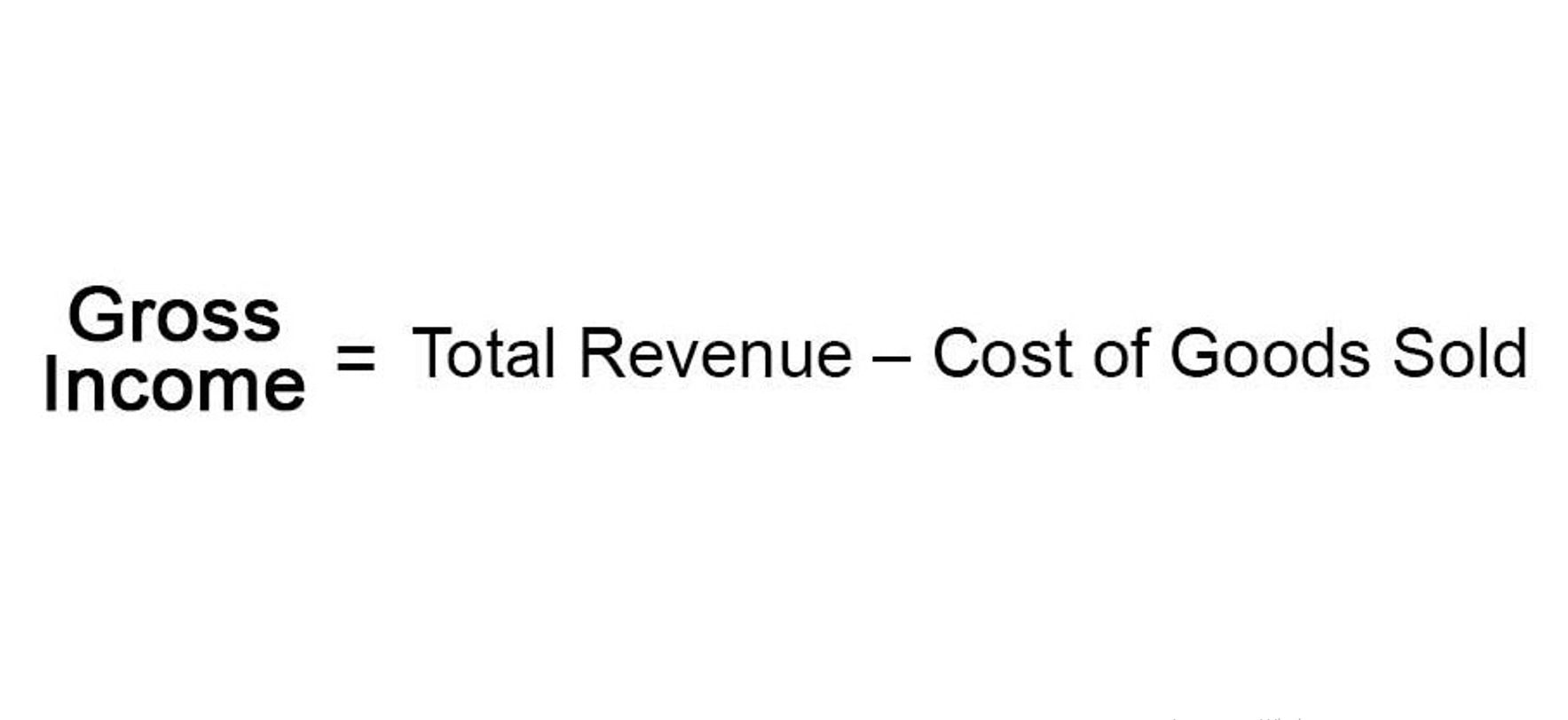
Except in a few cases, the law does not require any special kind of records. However, the business you are in affects the type of records you need to keep for federal tax purposes. This ruling means that the IRS must allow business owners to deduct recording transactions some business expenses, even if they don’t have receipts for all of them. That means if you’ve lost the receipt for a smaller cash purchase, it’s usually not a big deal.
- The IRS can audit your return up to three years after filing, and having proper documentation can make the process smoother.
- Color-coding your documents can make it easier to quickly identify different categories of expenses.
- You must keep a mileage log for each business trip and every business-related trip from home.
- Organize receipts by categorizing them according to expense types (e.g., travel, office supplies, and meals).
- However, these may not be as robust as a receipt, increasing the risk of a denied deduction and potential penalties.
Ask Any Financial Question

It also ensures you can confidently take the maximum amount of deductions for your small business. Bank or credit card statements can be used as supporting documentation if receipts are unavailable. However, they should be accompanied by additional records or explanations to clarify the nature and business purpose of the expense. Familiarize yourself with the specific types of receipts you need to save, what can be claimed as a tax deduction, and how long you are required to keep records for your business. Caryl Ramsey has years of experience assisting in different aspects of bookkeeping, taxes, and customer service.
Do I Need Receipts for Donations to Charities?
- Compliance with IRS receipt requirements is crucial for managing your business’s tax obligations effectively.
- In addition to these guidelines, categorizing your receipts by expense type, like travel, meals, or office supplies, is also a good idea.
- For information pertaining to the registration status of 11 Financial, please contact the state securities regulators for those states in which 11 Financial maintains a registration filing.
- This includes keeping receipts for purchases, payments received, and any other financial transactions relevant to your business.
- If you are self-employed, whether as a freelancer, contractor, or business owner, you are required to maintain detailed records of your business income and expenses.
- It’s important to review your receipt management system on a regular basis to ensure its effectiveness.
This ongoing maintenance prevents a last-minute scramble when it’s time to prepare your tax return and reduces the likelihood of important documents being misplaced or overlooked. Additionally, digital receipts are less likely to be lost or damaged compared to paper receipts, which can fade or be misplaced over time. This is particularly beneficial for long-term record-keeping, such as for tax purposes, where having a clear, accessible record is crucial. If you omit more than 25% of your gross income on your tax return, the IRS extends the statute of limitations to six years. In such cases, it’s advisable to keep your records, including receipts, for at least six years to ensure you have the necessary documentation if the IRS questions your income reporting. Additionally, keeping investment records is important for planning your tax strategy.
Why is compliance important?

You must keep records of all business expenses to prove that they were legitimate business expenses. Keep records of the purchase price of all office supplies that you deduct on your income tax return. These include paper, pens, pencils, notebooks, file folders, cleaning supplies, toner for printers, pens, pencils, paper clips, and computer paper and toner. Yes, the IRS mandates receipts for all business expenses to validate deductions. While some minor expenses under $75 may not require receipts, it’s advisable to keep them for all expenses to ensure you can substantiate any claims during an audit. On the other hand, paper receipts provide a tangible form of proof that some people find easier to handle, especially for those who prefer physical documentation.
- Come tax time, it’ll be easier to locate relevant deductions if you’ve kept on top of your records.
- They serve as proof of the donation, provide information necessary for claiming a tax deduction, and promote transparency and accountability.
- Some businesses choose to use electronic accounting software programs or some other type of electronic system to capture and organize their records.
- It is important to avoid common mistakes such as providing incomplete or inaccurate receipts or issuing receipts for non-deductible items.
- Remember that the folder should be backed up or saved, preferably somewhere easily accessible, so it can be accessed for years to come.
The IRS requires specific documentation to support the expenses claimed on your tax returns. This documentation typically comes in the form of receipts, which serve as proof of your business transactions. These receipts must include certain details like the date, amount, and nature of the expense. For some expenses, additional bookkeeping and payroll services information may be required, such as the purpose of the expense and the names of individuals involved.

IRS Receipts Requirements: What You Need to Know
These receipts also help establish the cost basis of the item, which is important if you ever sell it. Developing a habit of consistent record-keeping and receipt management can significantly simplify the process. This routine will ensure that this crucial task doesn’t get pushed aside or forgotten. While you need to retain irs receipts for a certain amount of time for tax purposes, it’s equally important to regularly purge old receipts that are no longer needed. If you have employees who make purchases for the business, ensure they are trained on your system for managing and recording receipts. This will ensure consistency and reduce the chance of lost or unrecorded receipts.

That means it won’t take much effort to go paperless with your record-keeping. Turn your receipts into data and deductibles with our expense reports that include IRS-accepted receipt images. irs receipt requirements Understanding and adhering to receipt requirements helps prevent fraudulent claims. Shoeboxed offers tools to create expense reports directly from the receipts you’ve scanned. Donation receipts also serve an important role in ensuring transparency and accountability for 501(c)(3) organizations.


